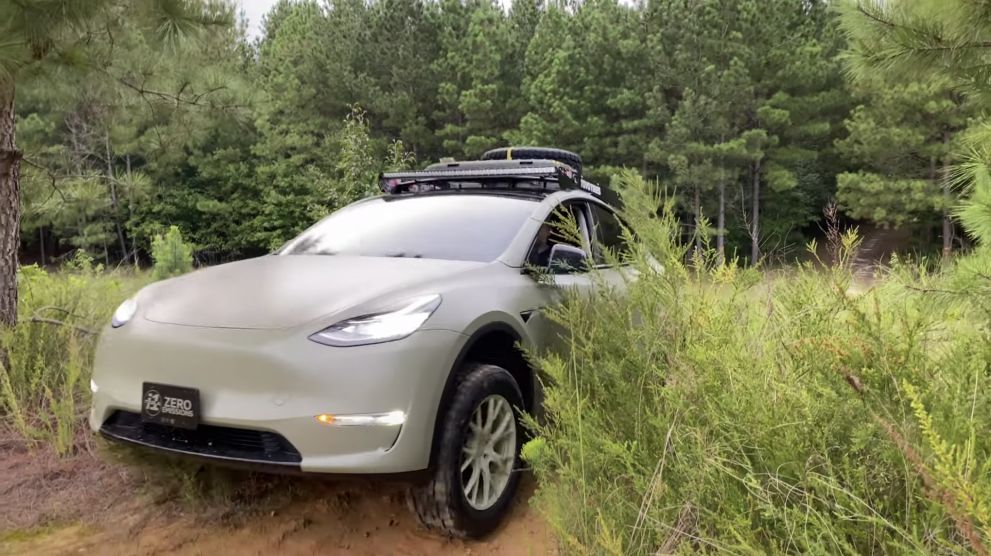Driving through mountain roads is no joke. Sharp curves, steep grades, unpredictable weather — it’s the ultimate test for both driver and machine. While some vehicles eat up those winding roads and make you feel glued to the pavement, others… well, they huff, puff, and beg for mercy as soon as the road points uphill.
This article dives into five vehicles that are absolute champs when handling mountain terrain, with power, grip, and reliability, and five that simply don’t cut it, especially when elevation kicks in. We’re not just talking about horsepower or price tags here; we’re looking at torque, handling, braking, and how the car’s systems respond under real stress.
Whether you’re a weekend warrior heading to the cabin or someone living the high-altitude life, knowing which vehicles perform (and which fall apart) can save you headaches and maybe even save your life. So let’s break it down, car by car, without the fluff — just the truth about what works and what doesn’t when you head for the hills.
ALSO READ: 5 Cars With Cheap Registration and 5 That Cost a Fortune in Every State
5 Vehicles That Handle Mountain Roads
Some vehicles are made for the climb. These beasts bring power, control, and confidence even when the air thins out and the roads twist like spaghetti. You’ll feel planted, in control, and ready to conquer the next peak.
1. Subaru Outback
The Subaru Outback is a mountain legend for a reason. With its standard symmetrical all-wheel drive, solid ground clearance, and torquey 2.5L engine (or optional turbo), this wagon handles loose gravel, snow, and steep grades like it was built for it.
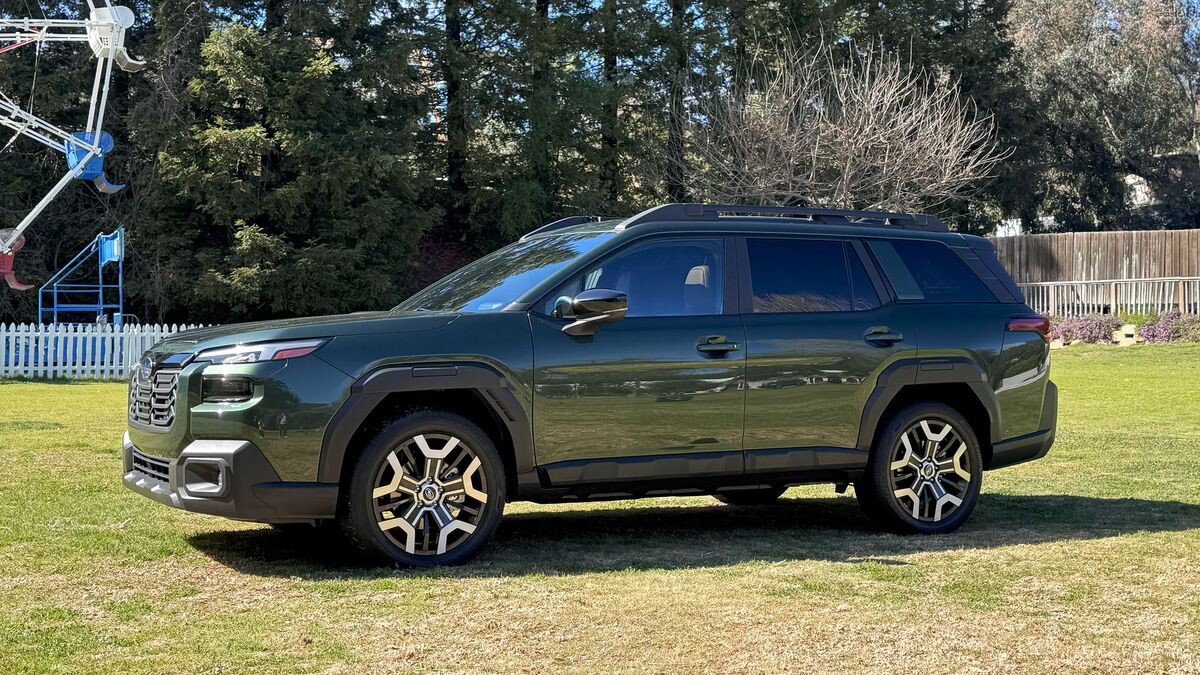
The Outback’s stability control, X-Mode, and Hill Descent Control all work together to make sure you never lose grip, even when the road gets gnarly. Plus, the CVT transmission, while not sporty, delivers power smoothly, helping you climb without sudden shifts or power drops.
Drivers love the Outback for its predictable handling, great visibility, and rugged build, making it a favorite among hikers, skiers, and backcountry adventurers. Whether you’re navigating hairpin turns or crawling up rough dirt tracks, the Outback feels planted and composed, giving you the confidence to keep pushing forward.
2. Jeep Wrangler Rubicon
Say what you want about its boxy shape or clunky road manners — the Jeep Wrangler Rubicon dominates mountain trails. Built for off-road mayhem, the Rubicon comes with front and rear locking differentials, disconnecting sway bars, heavy-duty axles, and beefy 33-inch tires.
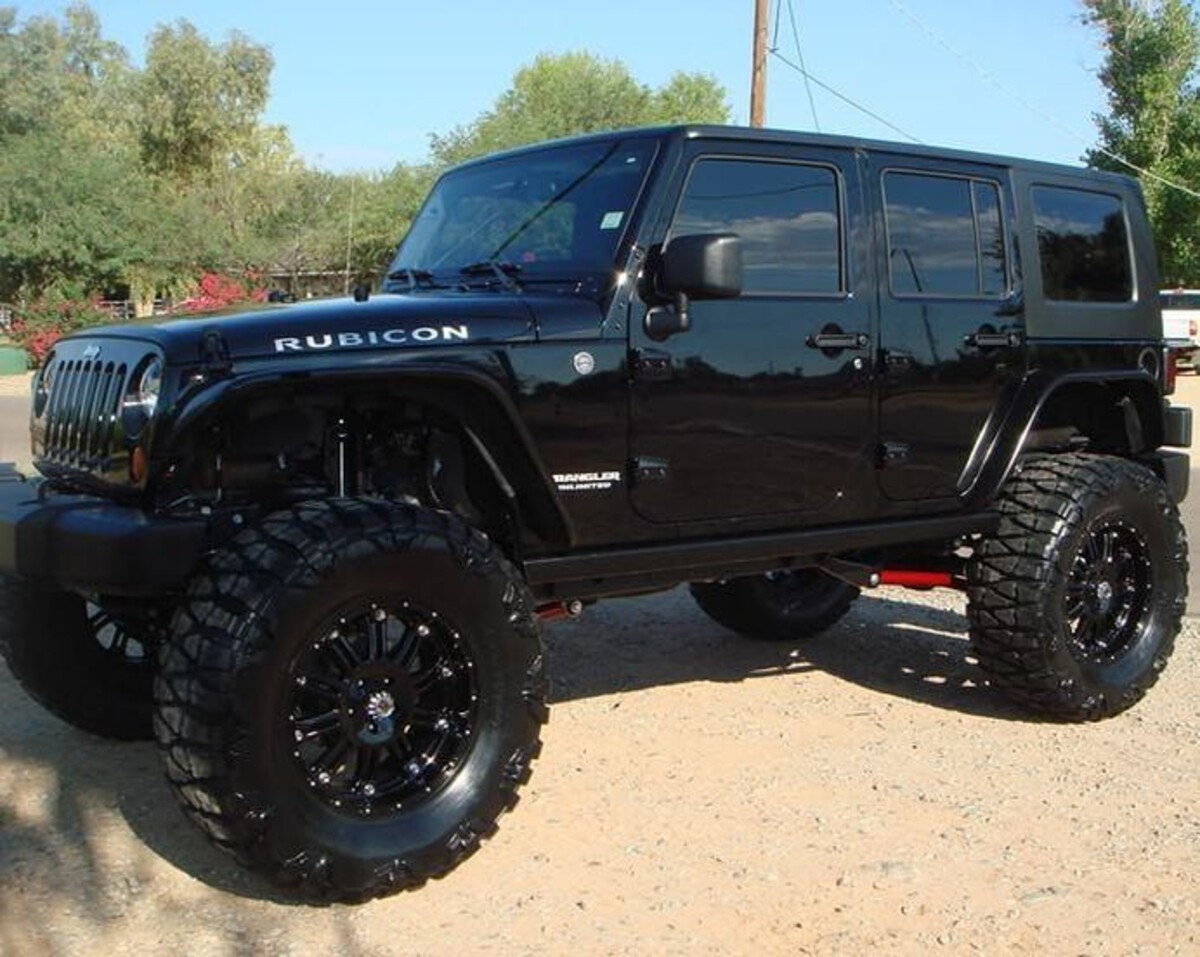
Its 4×4 system is legendary, giving you crawl ratios and traction modes designed to get you over boulders, loose rock, or steep muddy inclines. On paved mountain roads, sure, the Wrangler can feel rough and noisy, but off the beaten path, it’s a beast.
And let’s not forget its solid ground clearance and approach/departure angles, which let you tackle deep ruts or sharp ledges without scraping the undercarriage.
Bottom line: if your mountain driving involves more dirt and rocks than pavement, the Wrangler Rubicon is hard to beat.
3. Toyota 4Runner TRD Pro
The Toyota 4Runner TRD Pro is one of those old-school SUVs that just keeps going. It’s not the smoothest ride on the highway, but hit the mountain roads, and it comes alive.
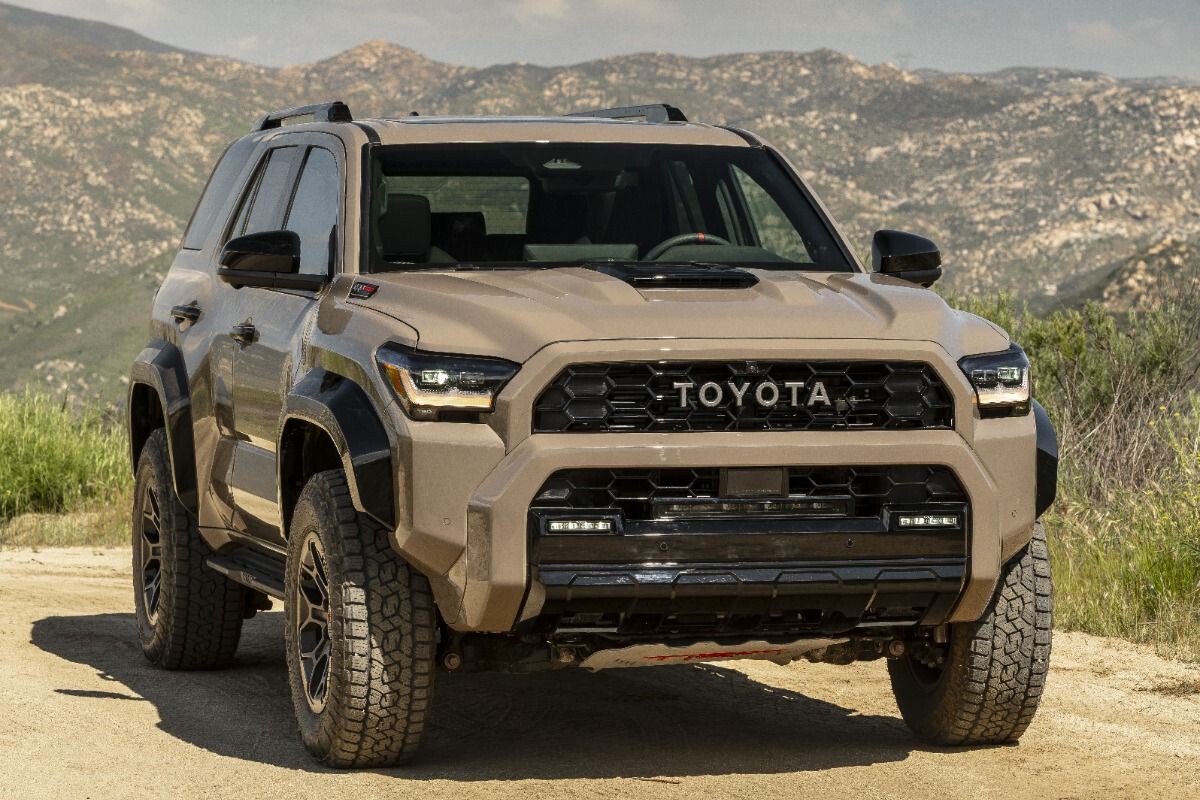
The 4.0L V6 delivers enough low-end torque to handle steep climbs, while the part-time 4WD system, crawl control, and locking rear differential keep you steady when the trail turns rough. The TRD Pro package adds upgraded shocks, skid plates, and off-road tires, making it even more mountain-ready.
Drivers love the 4Runner for its toughness — it’s the kind of SUV you can drive into the mountains without worrying about babying it. Sure, it drinks gas and feels a bit truckish, but when the elevation rises and the road disappears, this rig just keeps pushing.
4. Land Rover Defender 110
The Land Rover Defender 110 is a mountain conqueror wrapped in luxury. It combines advanced terrain response systems with serious hardware: permanent four-wheel drive, air suspension, and locking center and rear differentials.
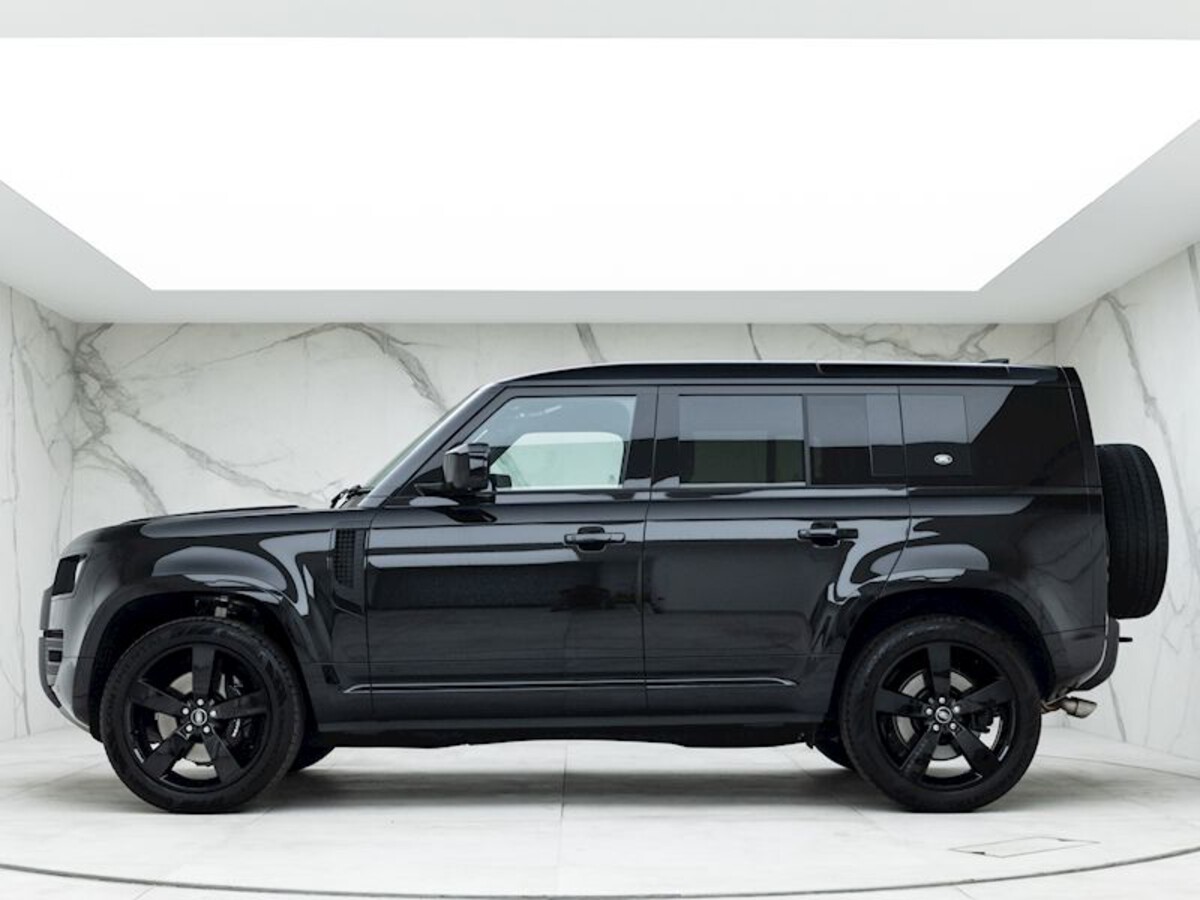
The Defender’s turbocharged engine options (gas or diesel) deliver impressive torque, crucial for high-altitude climbs. Its off-road technology, including hill descent control and adjustable ride height, makes sure you can handle everything from deep ruts to icy switchbacks without breaking a sweat.
But what surprises most drivers is how refined it feels on paved mountain roads — the Defender stays composed, quiet, and incredibly capable. Sure, it’s pricey, but if you want a vehicle that handles mountain roads and looks good doing it, the Defender is hard to top.
5. Ford Bronco Badlands
The Ford Bronco Badlands is built for adventure. With its advanced 4×4 system, front and rear lockers, sway bar disconnect, and Bilstein shocks, it’s ready for serious mountain driving.
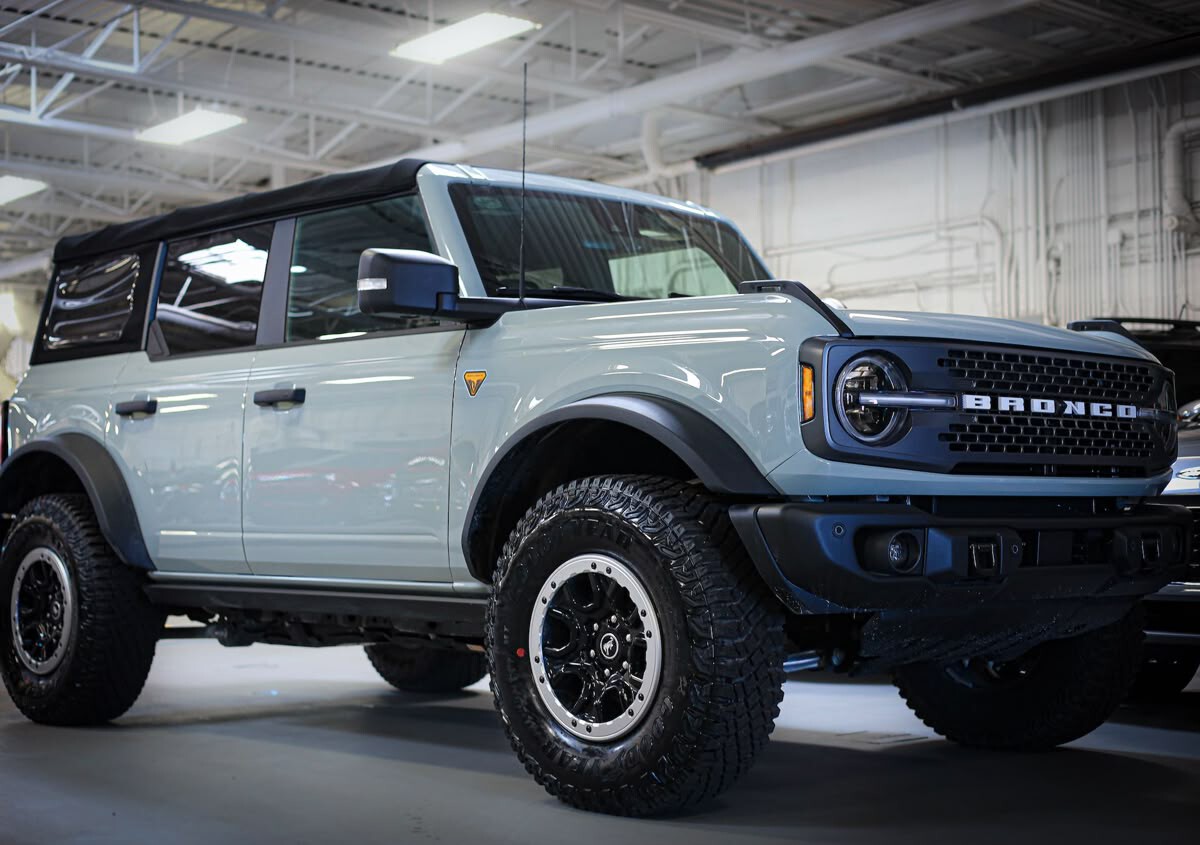
The 2.7L EcoBoost V6 punches out plenty of torque, while the terrain management system lets you dial in the perfect mode for mud, rock, or snow. The Bronco’s short overhangs and excellent ground clearance mean you can tackle steep inclines and rocky sections without issue.
And it’s not just about dirt trails — on twisty paved roads, the Bronco handles surprisingly well, thanks to its modern suspension setup. Sure, it’s a throwback to the classic Bronco look, but underneath, it’s loaded with tech and hardware that make it a modern mountain machine.
ALSO READ: 5 Vehicles That Qualify for Insurance Discounts and 5 That Cost More Each Year
5 Vehicles That Struggle With Elevation
Some cars just aren’t meant for mountain life. Whether it’s weak engines, bad handling, or poor traction, these vehicles show their flaws fast when you take them uphill. Sure, they’re fine on flat ground, but add some altitude, and things fall apart.
1. Nissan Versa
The Nissan Versa is a budget-friendly sedan, but it wasn’t built for mountain roads. Its small 1.6L engine struggles at high elevations, where thin air robs it of power.
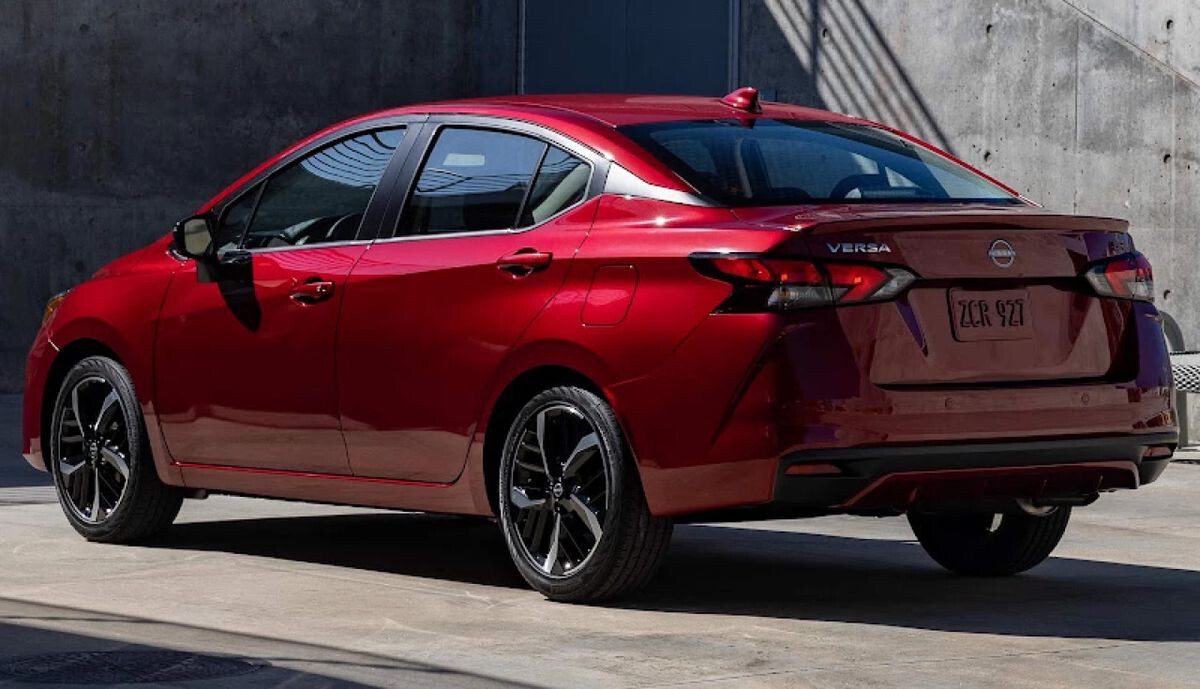
Combine that with front-wheel drive, basic suspension, and limited ground clearance, and you’re looking at a car that feels completely out of its element on steep, twisty roads. Sure, it’ll get you up there eventually, but you’ll be flooring the gas and praying every time the incline kicks in.
Add in the lack of traction features, and you’ll feel every slip and slide on loose gravel or wet mountain roads. The Versa is great for city commutes, but when it comes to mountain driving, it’s punching way above its weight — and it shows.
2. Toyota Prius
Look, the Prius is all about efficiency, not performance. Its hybrid powertrain is designed for maximizing fuel economy on flat roads, not powering up mountain grades.
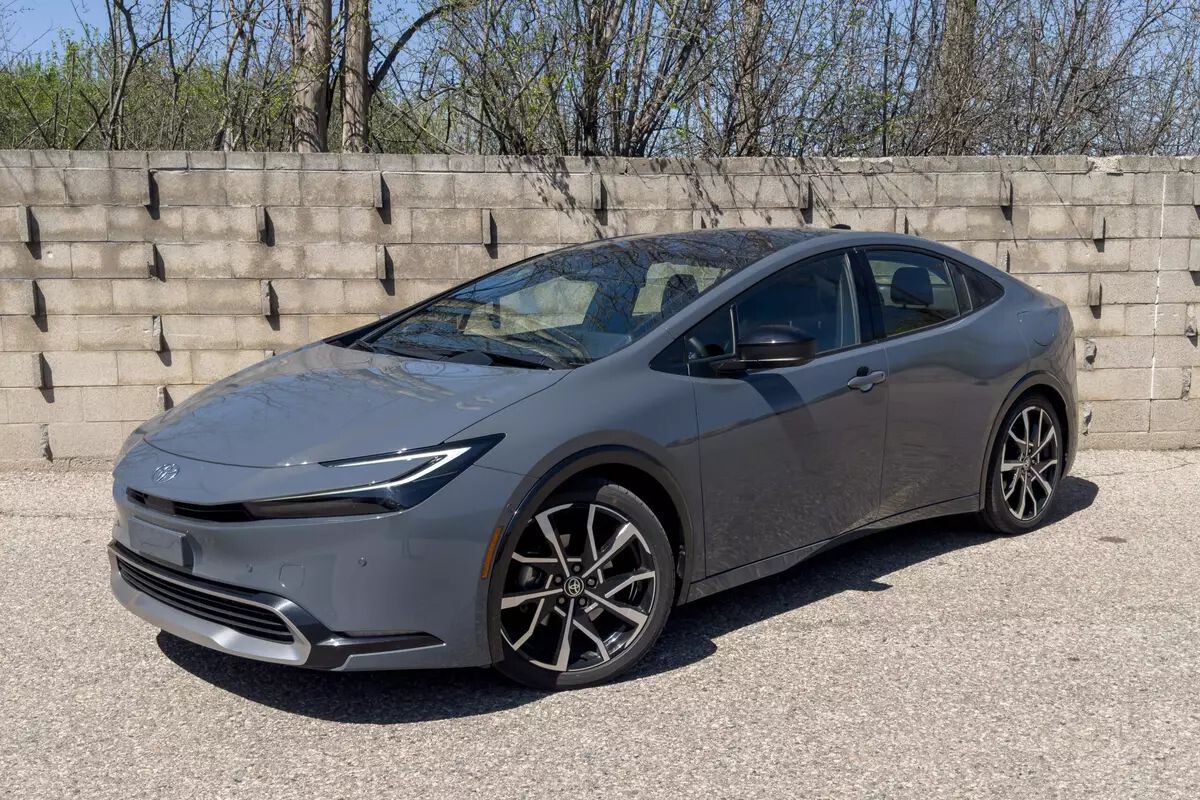
The small gas engine combined with the electric motor delivers okay torque at low speeds, but when the battery runs low or the incline gets steep, the Prius starts wheezing. Plus, its continuously variable transmission (CVT) can feel sluggish, leaving you waiting for acceleration that never quite arrives.
Throw in the fact that it’s front-wheel drive, has limited ground clearance, and wasn’t built for rough terrain, and you’ve got a car that struggles in mountain conditions. Sure, you’ll save gas on the way up, but you might burn through patience.
3. Chevrolet Spark
The Chevy Spark is a fun little city car, but it’s totally out of its depth on mountain roads. With its tiny 1.4L four-cylinder engine, the Spark simply doesn’t have the grunt needed to handle high-elevation climbs or sharp grades.
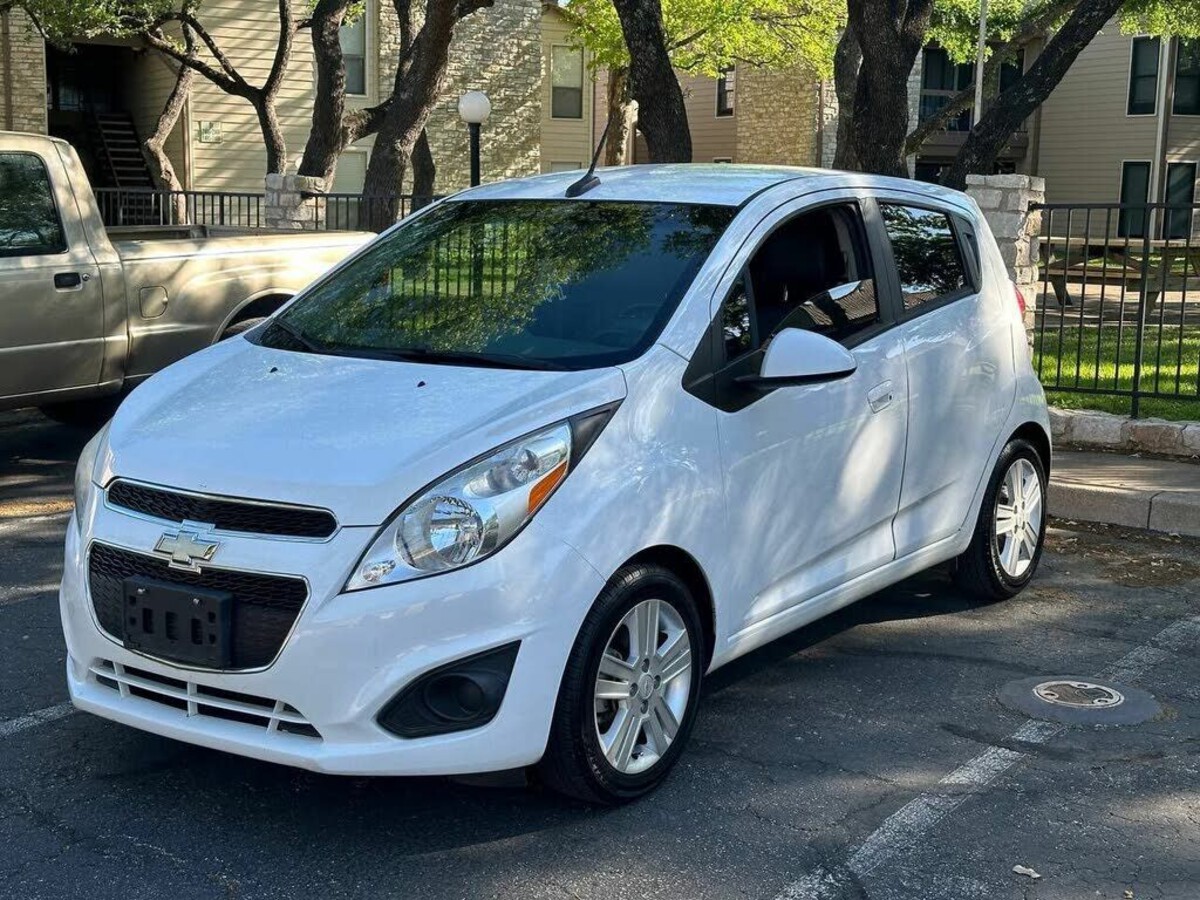
You’ll find yourself flooring it just to maintain speed, and when you hit switchbacks or tight turns, its short wheelbase and lightweight frame can make it feel twitchy and unstable.
Add in front-wheel drive, minimal ground clearance, and basic tires, and you’ve got a car that’s just not ready for mountain adventures. Great for zipping around town, sure — but when the road points up, the Spark starts sweating.
4. Honda Fit
The Honda Fit is a smart, efficient hatchback, but it doesn’t love the mountains. Its 1.5L engine is peppy around town, but at altitude, it struggles to deliver enough power for steep climbs.
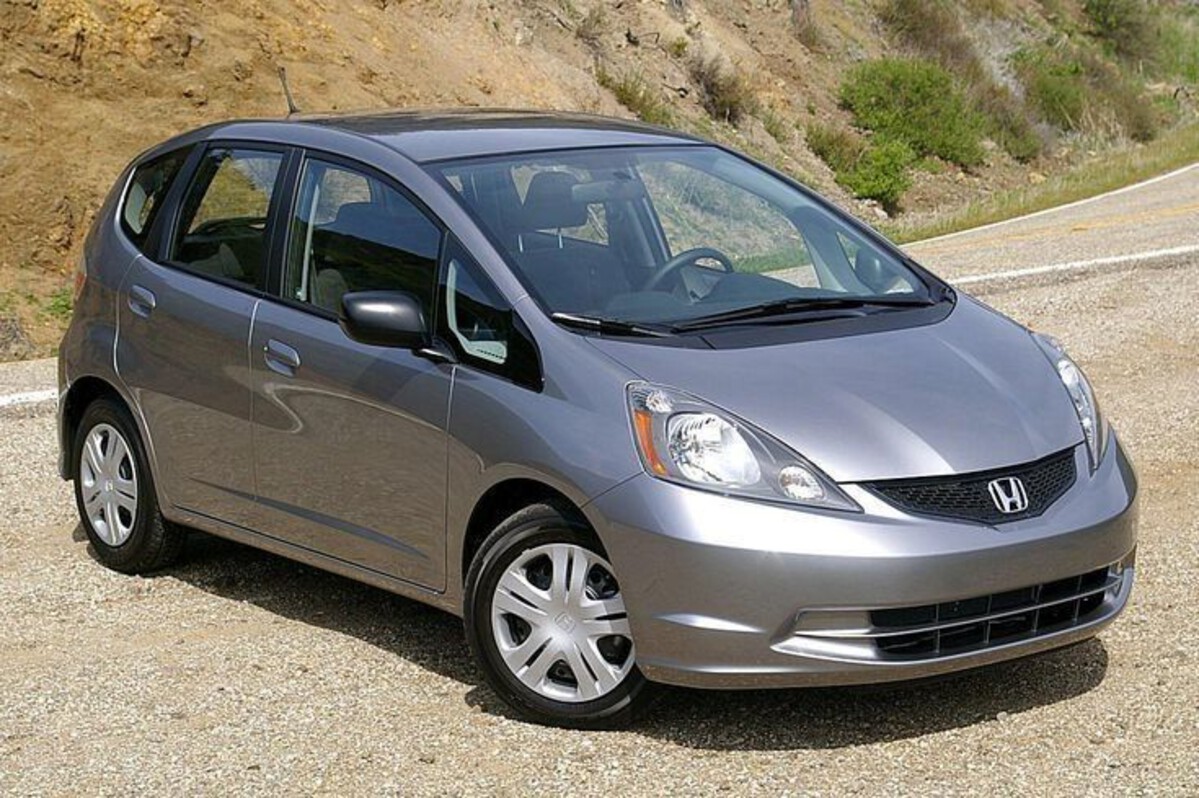
The Fit’s lightweight design and tight suspension make it agile on city streets, but on winding mountain roads, that agility turns into nervousness. Plus, being front-wheel drive, it lacks the traction and grip you need on loose or wet surfaces.
While it can handle paved mountain highways if you take it slow, anything rougher or steeper is going to push it past its comfort zone. It’s a fantastic car for urban driving, but take it up the mountains, and it starts feeling out of breath.
5. Hyundai Elantra
The Hyundai Elantra is a solid compact sedan, but it’s not built for mountain adventures. With a modest 2.0L engine and front-wheel drive, the Elantra struggles on steep grades, especially at high elevations where engine power drops noticeably.
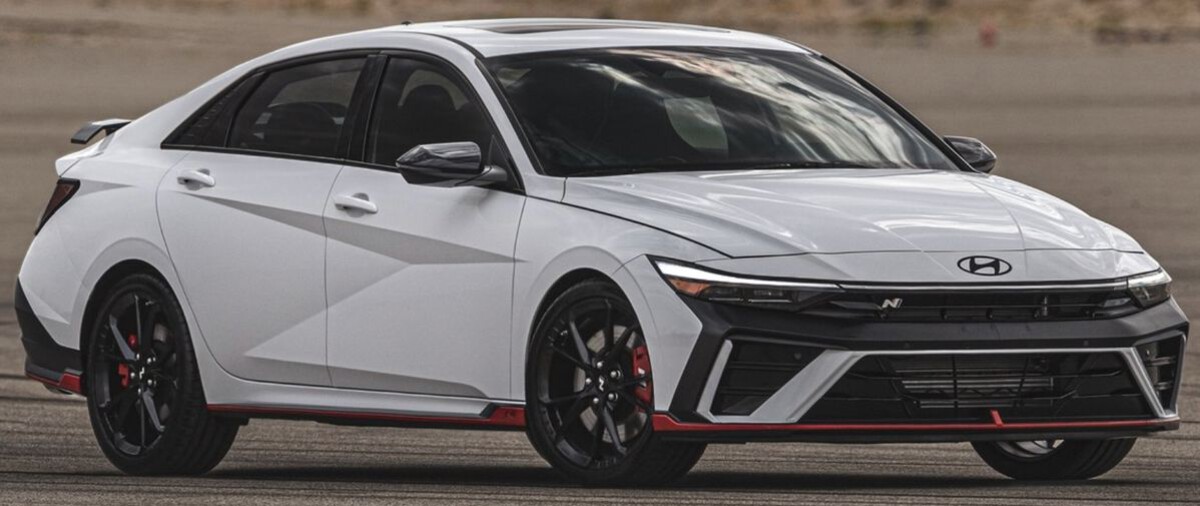
Its suspension is tuned more for comfort and efficiency, not for aggressive cornering or rough surfaces, so it can feel floaty and understeer-prone on tight, twisty roads.
Add in limited ground clearance and no off-road or traction features, and you’re looking at a car that’s best left to highways and urban streets. Sure, it’s great for daily driving, but hit the mountains, and you’ll quickly realize its limitations.
Mountain roads aren’t just about scenery — they’re a real test for your car. Some vehicles thrive in the hills, using power, torque, and smart design to tackle everything the terrain throws at them.
Others just weren’t built for the challenge, showing their weaknesses fast when the elevation rises and the roads get rough. It’s not about fancy badges or price tags — it’s about knowing what you need from your car and whether it can deliver.
If you’re someone who regularly hits mountain roads, invest in a vehicle that’s designed for the job; you’ll save yourself frustration, and maybe even avoid dangerous situations. On the flip side, if your car is more city-oriented, don’t push it beyond its limits just because you want to join a mountain adventure.
Be realistic, be safe, and know your car’s strengths and weaknesses before you hit the road. Remember, no amount of wishful thinking can make an underpowered car into a mountain beast — but the right vehicle can turn a stressful drive into pure fun.

